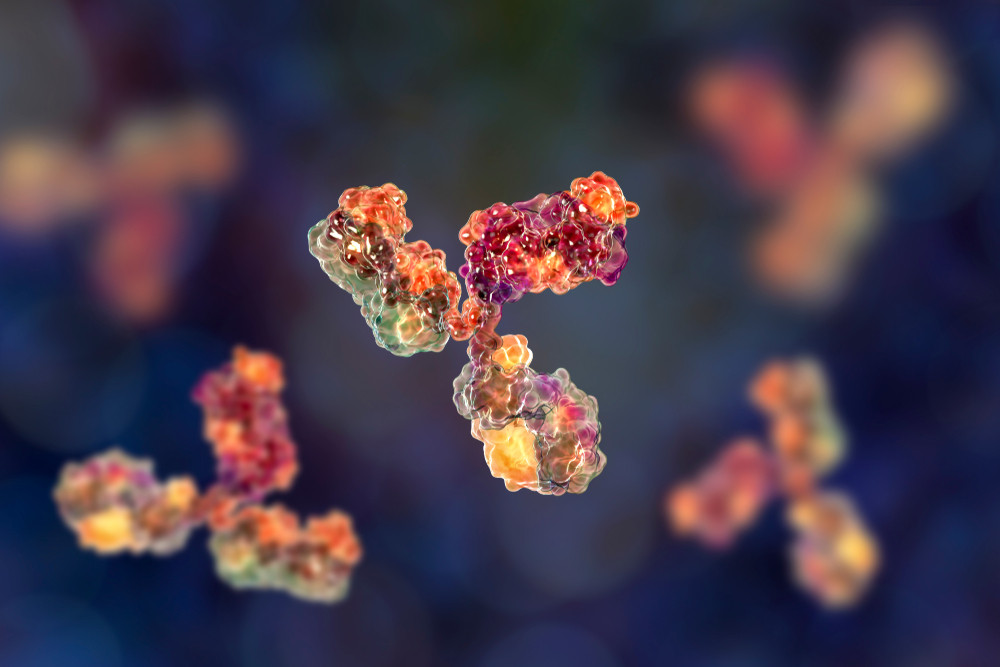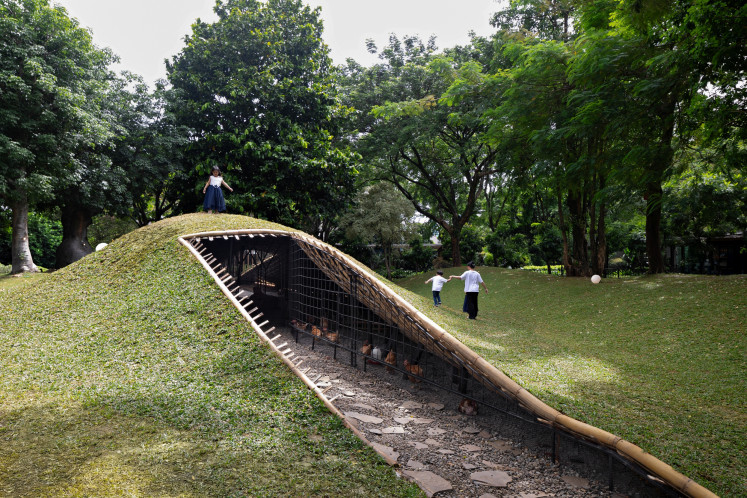Popular Reads
Top Results
Can't find what you're looking for?
View all search resultsPopular Reads
Top Results
Can't find what you're looking for?
View all search resultsAntibody levels in recovered COVID-19 patients decline quickly: Research
Change text size
Gift Premium Articles
to Anyone
L
evels of an antibody found in recovered COVID-19 patients fell sharply in 2-3 months after infection for both symptomatic and asymptomatic patients, according to a Chinese study, raising questions about the length of any immunity against the novel coronavirus.
The research, published in Nature Medicine on June 18, highlights the risks of using COVID-19 'immunity passports' and supports the prolonged use of public health interventions such as social distancing and isolating high-risk groups, researchers said.
Health authorities in some countries such as Germany are debating the ethics and practicalities of allowing people who test positive for antibodies to move more freely than others who don't.
The research, which studied 37 symptomatic patients and 37 asymptomatic patients, found that of those who tested positive for the presence of the IgG antibody, one of the main types of antibodies induced after infection, over 90% showed sharp declines in 2-3 months.
The median percentage decrease was more than 70% for both symptomatic and asymptomatic patients.
For neutralizing serum antibodies, the median percentage of decrease for symptomatic individuals was 11.7%, while for asymptomatic individuals it was 8.3%.
The study was conducted by researchers at Chongqing Medical University, a branch of the Chinese Center for Disease Control and Prevention and other institutes.
Jin Dong-Yan, a virology professor at the University of Hong Kong who was not part of the research group, said the study does not negate the possibility that other parts of the immune system could offer protection.
Some cells memorize how to cope with a virus when first infected and can muster effective protection if there is a second round of infection, he said. Scientists are still investigating whether this mechanism works for the new coronavirus.
"The finding in this paper doesn't mean the sky is falling," he said, also noting that number of patients studied was small.











